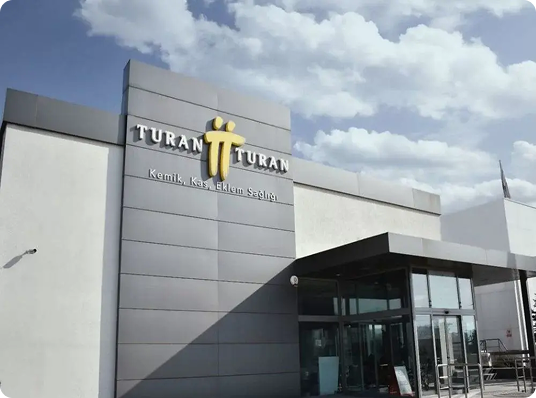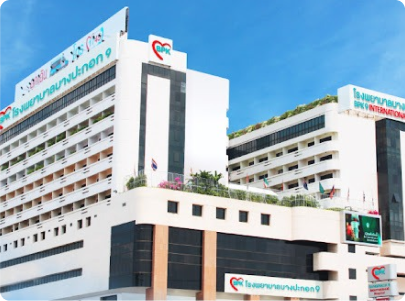Osteoporosis
Through the application of Osteoporosis, healthcare providers are able to address complex medical conditions with precision, utilizing the latest advancements in technology and evidence-based practices.
Get Expert Consultation
Speak with our medical travel experts to get personalized guidance for your procedure
✓ No commitment required • ✓ Expert guidance • ✓ Free consultation

Book Your Free Medical Consultation
Get expert advice—free and easy. Just fill out the form to start your health journey!
Key-Insights for
Osteoporosis
Procedure Time
The osteoporosis treatment process typically takes several months to several years.
Recovery Period
Most people can return to their normal activities immediately after the procedure.
Expected Results
Improved bone density, reduced risk of fractures, and enhanced overall skeletal health.
Ideal Candidates
Women and men with confirmed osteoporosis diagnoses, especially those at high risk for fractures or experiencing bone loss.
Osteoporosis
Through the application of Osteoporosis, healthcare providers are able to address complex medical conditions with precision, utilizing the latest advancements in technology and evidence-based practices.

People seek these procedures for various reasons:
Aesthetic Enhancement
Prevent or manage osteoporosis-related fractures
Corrective Purposes
Improve overall skeletal health and mobility
Functional Restoration
Enhance quality of life by reducing bone loss
Things to Check Before Treatment
- •Bone density test to confirm diagnosis
- •Review of medical history, including any previous fractures or osteopenia
- •Assessment of medications and potential interactions with anesthesia
- •Evaluation of overall health status, including kidney function and liver function
- •Discussion with your doctor about any concerns or questions you may have
Potential Risks
- •Fractures during surgery or in the immediate post-operative period
- •Infection at the surgical site
- •Nerve damage or numbness
- •Reaction to anesthesia
- •Blood clots or deep vein thrombosis
How to Choose the Right Country, Clinic, and Surgeon
Do's
Verify surgeon credentials (e.g. ISAPS, JPRAS)
Ask for before-after photos
Check language barriers
Review aftercare and follow-up options
Consider local laws on medical malpractice
Don'ts
Don't Choose a Clinic Based Only on Price
Don't Rely Solely on Social Media or Influencers
Don't Ignore Language Barriers
Don't Rush Into Surgery Without Research
Don't Assume You Can Fly Back Immediately
CureMeAbroad Services Are Absolutely Free.
You pay same rates for treatments as in the hospital's original price list.
CureMeAbroad Services Are Absolutely Free.
You pay same rates for treatments as in the hospital's original price list.


Book Your Free Medical Consultation
Get expert advice—free and easy. Just fill out the form to start your health journey!
Osteoporosis
Frequently Asked Questions
This procedure involves specific medical techniques tailored to address particular health conditions. Your doctor will explain the detailed process based on your case.

Help Me Plan My Treatment Abroad
End to End Treatment Planning Specifically curated as per your need. Just a Call away


Help Me Plan My Treatment Abroad
End to End Treatment Planning Specifically curated as per your need. Just a Call away


Book Your Free Medical Consultation
Get expert advice—free and easy. Just fill out the form to start your health journey!



